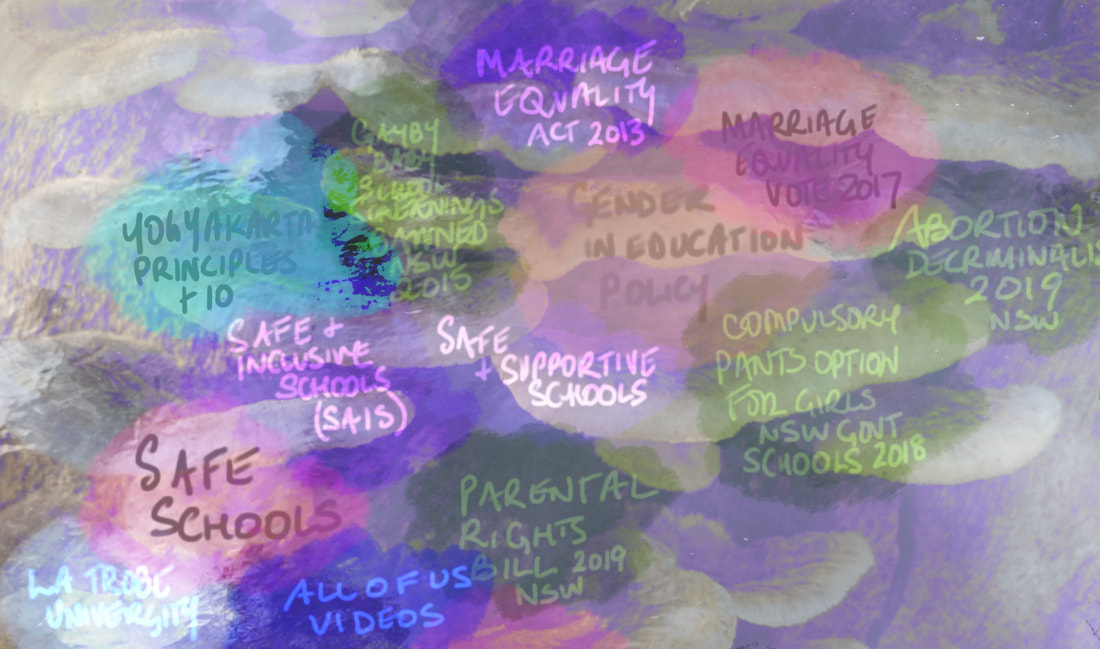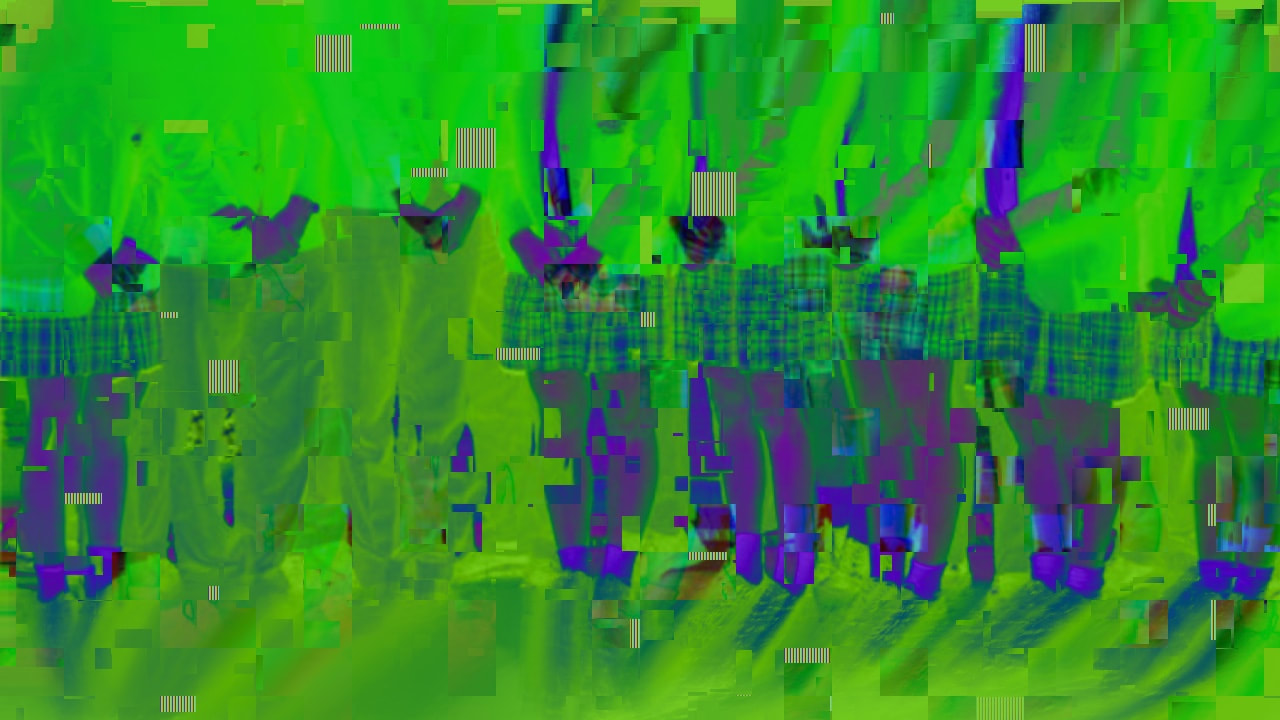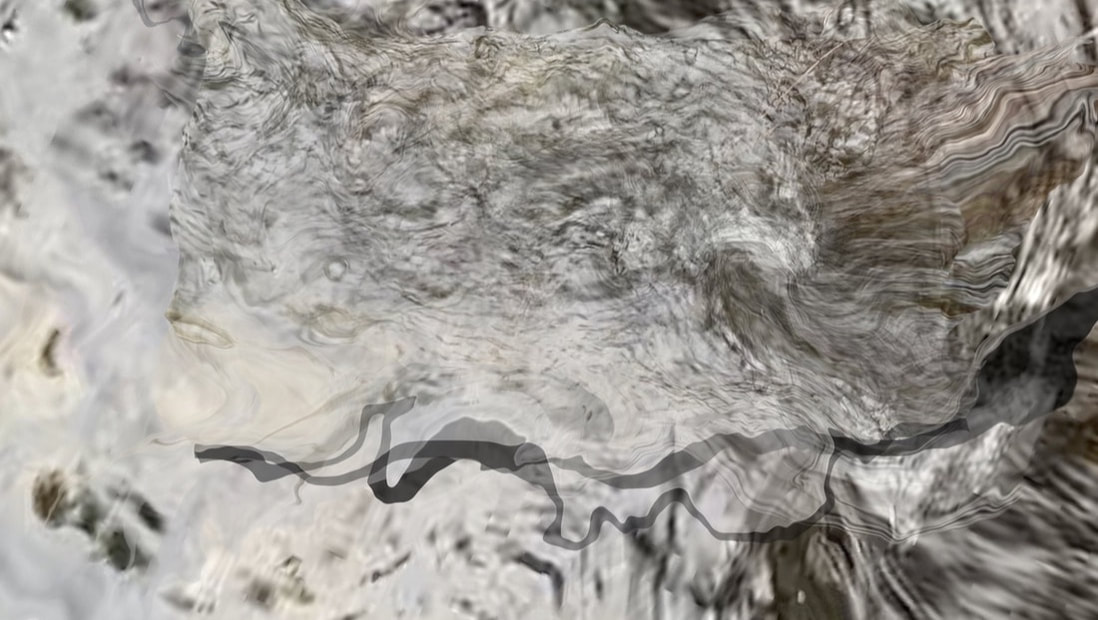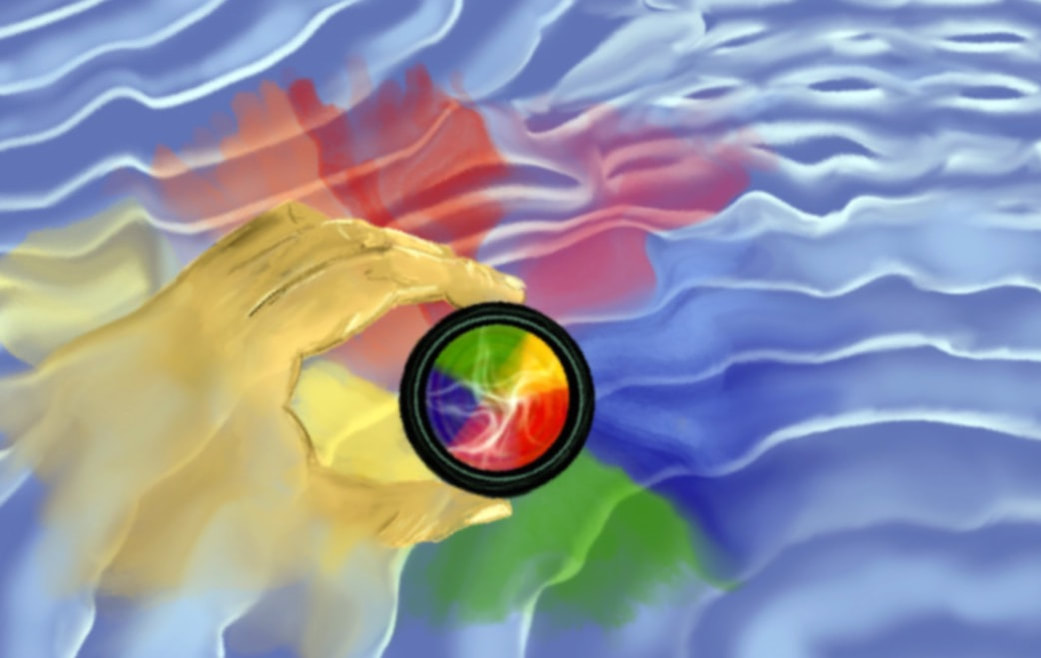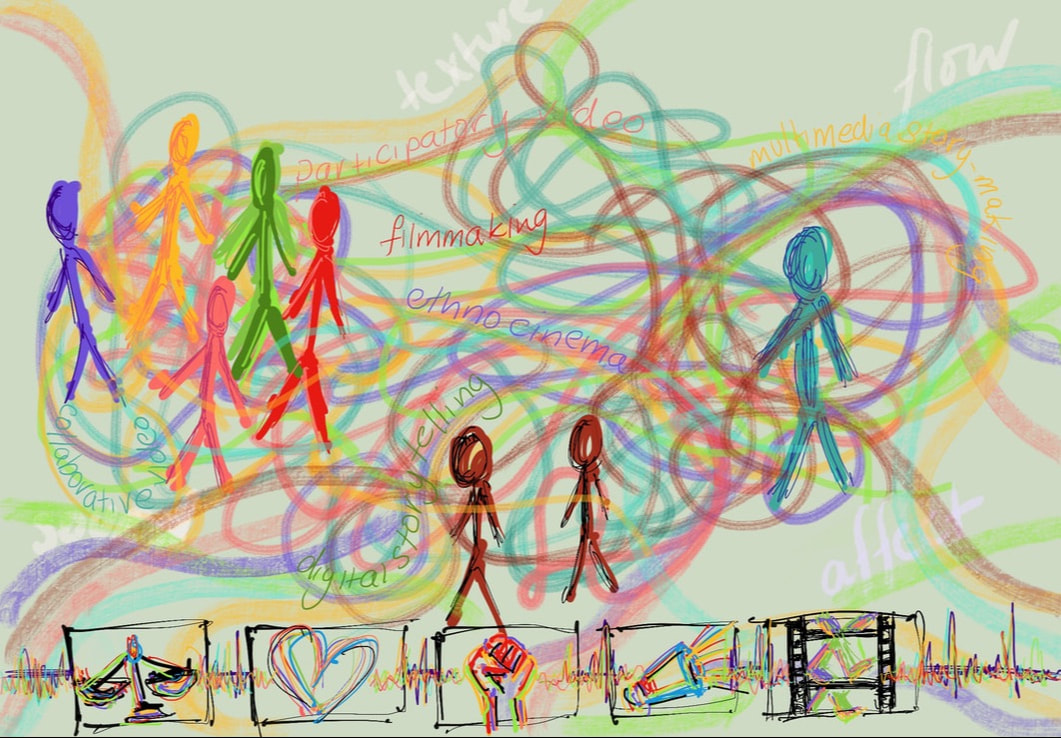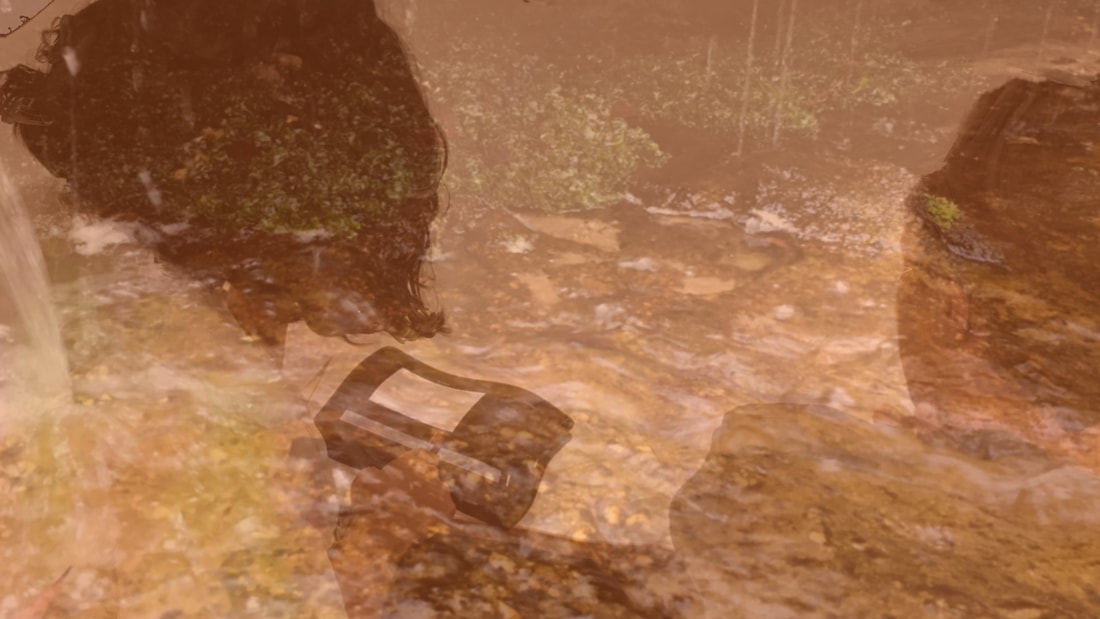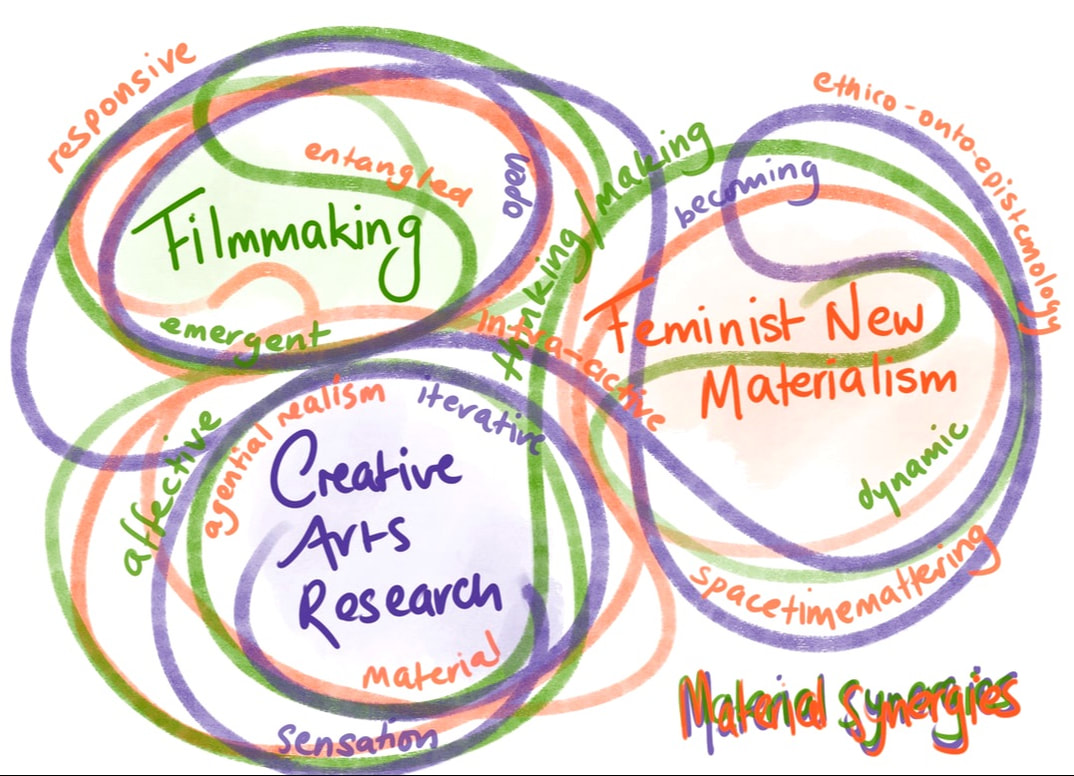|
They* begin searching for gender in the Australian Capital Territory (ACT) and New South Wales (NSW) education policy libraries. They are surprised and not surprised by what they find, or don’t find: in NSW gender is only cursorily mentioned, an absence or erasure of gender; in the ACT, an embedded presence.
0 Comments
While bodies are identified as being gendered and named according to binary notions–these processes effectively re/establish a regime of truth.
Academic inquiry generally has a serious purpose, but can it also be playful? In my experience, the doing of PhD research through reading, thinking and writing is far more generative when I inhabit an attitude of play. This doesn’t mean that the work is not serious or purposeful, but rather that my purpose expands to allow for ‘wander lines’ of unplanned trajectory, to respond to the magnetic spark of a word or tangential idea and follow the threads that emerge from it (Manning, 2020, p. 2). To inhabit this mode, I need to allow myself time and space to follow random paths that may or may not lead to an outcome, and to take pleasure in the process of an unknown journey. This requires setting aside deadlines and deliverables, rather than purpose, and getting comfortable with not knowing. I’m going to riff on that idea in this post.
Embarking on a PhD is an opportunity to dive into the unknown; for me this has been both exhilarating and terrifying. I have relished time to immerse myself in reading and thinking, even as the enormity of the challenge has seeped and threatened to derail my focus – there is so much I don’t know and so little time! My supervisor suggested writing a research blog as a way to develop my writing and document my thinking process. While I loved this idea in theory, I was less keen on the necessary public exposure of my nascent thinking. Then, without pause, I signed up for a graduate certificate[2] in which writing an online research blog is a mandatory requirement. I responded to the challenge gingerly, dipping my toes into the shallows to write and publish the required first two blog posts, while secretly hoping that no-one would ever read them.
Reading theory, thinking, questioning and writing is challenging intellectual work. Capturing and articulating thoughts in words as they emerge is a delicate process: committed too soon they may break the flow of ideas, and too late allow vital threads to be lost. For me self-censorship too – even as I actively work against it – frequently trickles in uninvited to derail my writing process. One day when I was feeling particularly despondent about a month into my PhD candidature I decided to take a break from writing on my computer to doodle my thoughts with a bold black pen in a small visual art book.
Social and education researchers are doing innovative work using arts-based methods to explore gender and identity with young people within a feminist new materialist theoretical framing to a/effect change. EJ Renold and Anna Hickey-Moody are two key scholars in this field whose work inspires and informs my doctoral research[1]. I am interested in how Renold and Hickey-Moody use arts-based methods as a way of opening up the space of enquiry beyond binaries and stereotypes in playful ways that has the potential to both affect and effect change in the wider community and policy space. I aim to explore how this approach can be applied to using filmmaking as an arts-based method with young people to trace everyday experiences and understandings of gender in secondary schooling in Australia.
In reading and thinking about theory and practice I’ve been struck by the synergies between feminist new materialism, creative arts research and my experience of filmmaking practice.
Feminist new materialism, informed by the work of philosophers Gilles Deleuze, Felix Guattari, Karen Barad, Rosi Braidotti and Donna Haraway, challenges the centrality of the human experience as a guiding premise in social and educational research and rejects notions of knowledge as binary, static and essentialist (Taylor, 2016, p. 5-24)). Barad’s theory of agential realism demands an engaged material practice in which ethics, being and knowing are inseparable, and matter, affect and discourse are relationally intertwined and co-constituted (Barad, 2007, p. 137-41). Barad’s conception of meaning as dynamic and created through the intra-action of matter through space and time resonates with my experience of documentary filmmaking as a thinking/making process in which meanings are multiple and slippery, emerging affectively through space and time. |
BlogMy thinking about filmmaking as an affective, emergent mode of inquiry to explore experiences of gender in secondary school with young people through my doctoral research. Archives
December 2022
Categories
All
|
